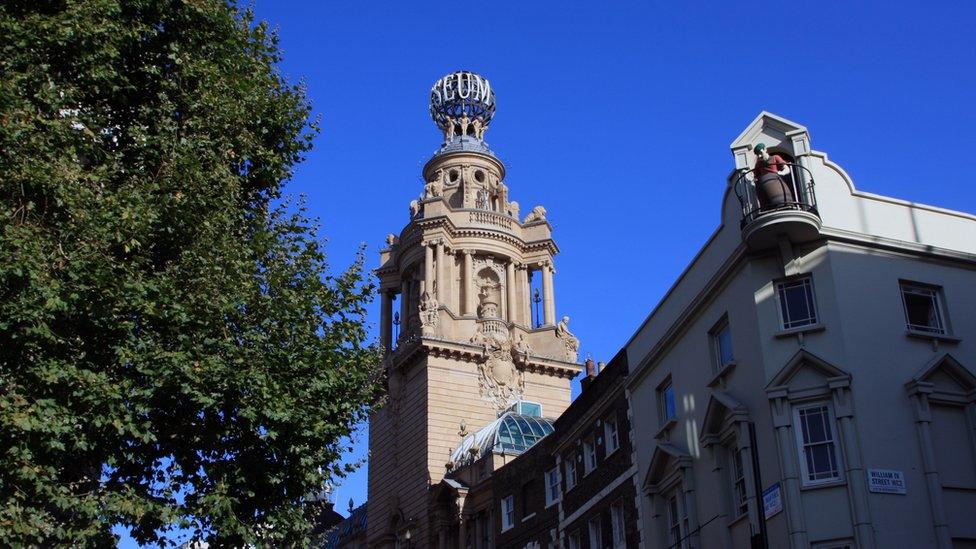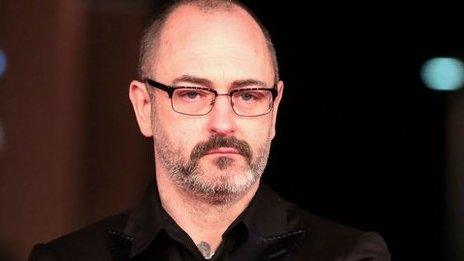ENO prepares for another six months of turmoil
- Published

The ENO's home, the London Coliseum, seats more than 2,300
The ENO has not had a good year.
In the last 12 months: Martyn Rose, its chairman left acrimoniously, Henriette Gotz its executive director stepped down a few days later, John Berry, its controversial artistic director left, as did Edward Gardner, its charismatic conductor.
In addition, Arts Council England (ACE) rejected it from its National Portfolio of Regularly Funded Organisations and put the organisation into 'special measures', demanded a 'new business model' and set 'rigorous milestones', which it oversees closely. ACE also cut the ENO's annual budget by £5m, reducing it from £17.6m to £12.4m.
The ENO is now in a process of rebuilding. It has appointed a new CEO, Cressida Pollock, a 33-year old management consultant with no experience of running an arts organisation, and a new chair, Harry Brunjes. It also has new conductor in the shape of Mark Wigglesworth, but to date there is no artistic director.
In fact, it doesn't want another artistic director in overall control, but something more akin to a director of opera who would work with Pollock and Wigglesworth. This is closer to the model at the Royal Opera House.
The ENO sees a traumatic 2015 as a chance for a major overhaul and to reinvent itself as an opera company for the 21st Century. It wants to reduce its current staff of around 350, a review process that will include both its chorus of around forty full time staff, and orchestra of 60+ full time employees. It says it wants to be more flexible and potentially not have its musicians on year-round contracts.
It also wants to deal with its home venue, the mighty Coliseum near Trafalgar Square, which - at 2359 seats - is bigger than the Opera House. It has long been a burden for the ENO, filling it is difficult, the overhead significant. One option being looked at, is sharing the venue with other arts organisations, allowing the ENO to reduce its programme of operas at the Coliseum from around eleven a year, to around eight. The programme could then be embellished with newer, more experimental work performed in small venues.
Other ideas to reform its business models including a partnership with commercial producers to put on West End-type musicals, such as the forthcoming Sunset Boulevard starring Glenn Close. It is also looking at turning its foyer into a venue with a cafe.
It says that it is likely that life at the Coliseum is likely to get worse before it gets better, but hopes that come April / May and the announcement of the new season, that the worst will be behind the organisation and it will be able to move forward with more confidence with a sustainable way of working.
- Published9 December 2015
- Published2 December 2015
- Published27 November 2015

- Published18 November 2015
- Published18 November 2015
- Published16 November 2015
- Published11 November 2015
- Published4 November 2015
- Published30 October 2015
- Published14 July 2015
